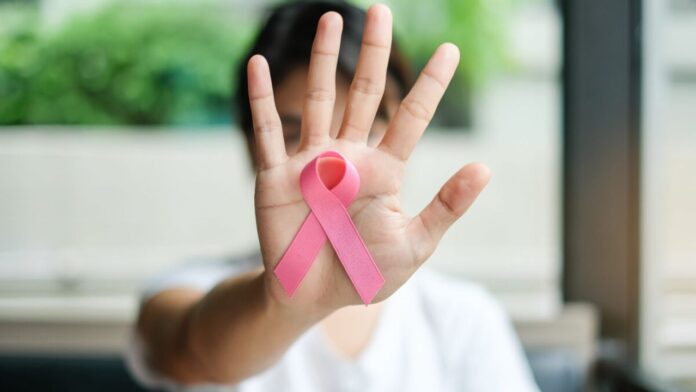As each year passes, people worldwide, spanning all age groups, are experiencing an alarming increase in cancer rates. This deadly disease can manifest in any part of the body where cells undergo uncontrolled growth and division, leading to the formation of malignant tumors. According to the World Health Organization (WHO), approximately 20 million cases of cancer were diagnosed globally in 2022, up from 18 million in 2020. This number is projected to skyrocket by an astonishing 77 percent, reaching 35 million cases by 2050.
Here are lifestyle changes that can help prevent cancer:
- Avoid tobacco: Tobacco usage is a primary cause of cancer and cancer-related deaths. Steering clear of smoking and secondhand smoke exposure can lower the risk of lung, throat, mouth, and pancreatic cancer.
- Eat a balanced diet: Prioritize fruits, vegetables, millets, lean proteins, and high-fiber foods. Limit consumption of red or processed meats, sugary items, and fried or high-fat foods to decrease the likelihood of breast and gastrointestinal cancers. Plant-based diets offer rich nutrients and antioxidants that reduce inflammation and safeguard normal cells.
- Maintain a healthy weight and exercise regularly: Obesity is linked to breast, colon, endometrial, and kidney cancers. Aim for at least 150 minutes of moderate-intensity exercise per week, incorporating strength training exercises.
- Limit alcohol intake: Alcohol consumption is associated with an elevated risk of liver, breast, and colorectal cancers. Reducing or abstaining from alcohol consumption can lower your risk.
- Protect your skin from sun exposure: Ultraviolet (UV) radiation from the sun can lead to skin cancer. Use sunscreen with SPF 30 or higher, wear protective clothing, and avoid peak sun hours to minimize skin cancer risk.
- Get vaccinated: Vaccines such as the Human Papillomavirus (HPV) vaccine and Hepatitis B vaccine can shield against viruses that contribute to cervical and liver cancers.
- Avoid risky behaviors: Practice safe sex and refrain from sharing needles to mitigate the risk of infections that can elevate cancer risk, such as HPV and hepatitis C.
- Undergo regular medical check-ups: Early detection through routine screenings for cancers like breast, cervical, and colorectal can save lives. Performing self-exams for cancers such as breast and testicular cancer aids in early detection.
- Prioritize sleep and stress management: Aim for eight hours of sleep daily and engage in activities like meditation and yoga to enhance overall well-being and immune function.
- Reduce exposure to environmental and occupational hazards: Carcinogens like asbestos, radon, and benzene pose significant risks. Minimize exposure to these substances to decrease the likelihood of lung and other cancers.

 हिंदी
हिंदी






